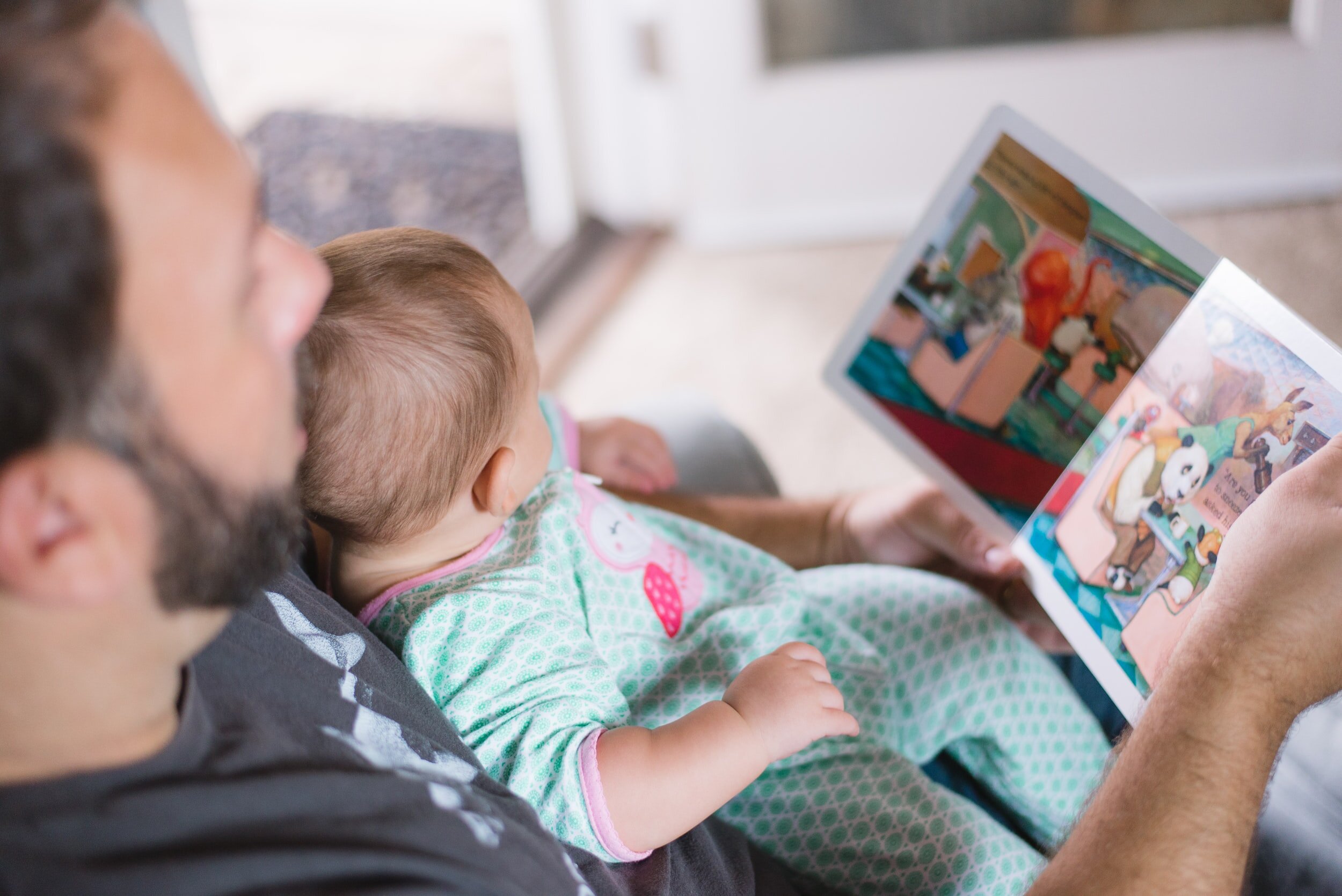Night Terrors:
Liliana Amaro
Most parents have ever had to comfort their children after a nightmare. But, if your child has ever had what is known as night terror, he experienced so much fear that, as much as you did, there was no way to comfort him.
A night terror is a sleep disorder that resembles a nightmare, except that it is much more spectacular. Although night terrors can scare parents enough to witness them, they are often not a cause for concern or the sign of an underlying medical problem.
What are night terrors?
During a typical night, sleep goes through a series of phases. Each is associated with a particular brain activity, and the rapid eye movement phase (MOR or REM) is when most dreams occur.
Night terrors occur during non-REM sleep. Unlike nightmares (which occur during REM sleep), a night terror is not a technical dream, but more likely a sudden reaction of fear that takes place during the transition from one sleep phase to another.
Night terrors usually occur two to three hours after the child reconciles sleep, when the transition takes place from the deeper non-REM sleep phase to the shallowest REM sleep, the stage at which dreams occur. This transition usually happens smoothly. But sometimes the child gets agitated and frightened—and that scary reaction is night terror.
During a night terror, a child can suddenly get in bed and start squealing or screaming as if he is extremely distressed. Breathing and heart rate can speed up, you can start sweating, shaking, and behaving like you are extremely upset and scared. After a few minutes or more, the child calms down and goes back to sleep peacefully.
Unlike nightmares, which are often remembered, the next day the children have no memory of night terror because they were asleep while it happened—and have no mental images to evoke.
What is the cause?
Night terrors are caused by overactivation of the central nervous system (CNS) during sleep. This can occur because the CNS (which regulates brain activity during sleep and wakefulness) is still maturing. Some children inherit a tendency to.
This overactivation; approximately 80% of children who have night terrors have.
a relative who also experienced them or suffered from sleepwalking (a similar type of sleep disorder) during childhood.
Night terrors have been described in children who:
were very tired, sick, stressed or fatigued.
Are taking a new drug.
They slept in a new environment or away from home.
Night terrors are relatively rare — they only affect between 3 and 6% of children, while virtually every child has a nightmare from time to time. Night terrors usually occurs in children between the age of four and twelve but have been reported in children as young as 18 months old. They seem to be a little more common in boys than in girls.
A child may have an isolated night terror episode or several before these types of episodes disappear completely. Most of the time night terrors disappear on their own as the nervous system matures.
Cómo reaccionar ante un terror nocturno.
Night terrors can greatly alarm parents, who often feel powerless not being able to comfort their children. The best way to react to night terror is to wait patiently for it to pass and make sure the child doesn't hurt himself by stirring. Children usually calm down and return to sleep placidity within a few minutes.
It is better not to try to wake the child during a night terror. These attempts don't usually work, and if they work, the child will most likely feel disoriented and confused when he or she wakes up, so he or she will likely find it more difficult to calm down and fall asleep again.
Night terrors have no treatment, but you can help them not happen in the first place. Try the following:
Reduce the stress your child is under.
Set up and maintain a simple, relaxing bedtime routine for your child.
Make sure your child gets enough rest.
Do not let your child get too tired when he's up late.
Understanding night terrors can reduce parents' concerns and help them sleep well at night. But if your child has night terrors repeatedly, talk to your child's pediatrician in case a sleep specialist needs to be consulted.
Source of information:http://kidshealth.org/es/parents/terrors-esp.html


